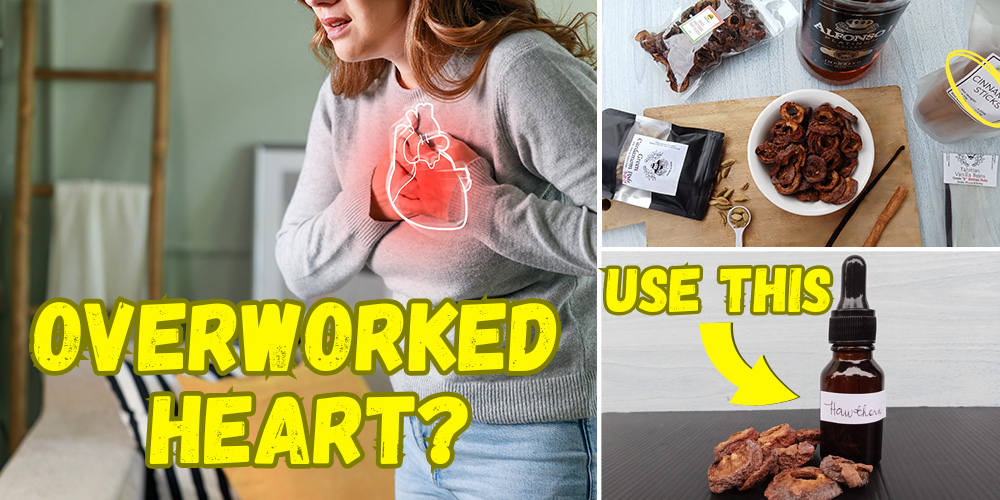
10 Signs Your Heart Is Overworked
The heart is an involuntary muscle that works non-stop, pumping blood throughout to cope with all bodily activities. Sometimes, we may unknowingly strain it with our everyday affairs and lifestyle. It causes some subtle symptoms that we ignore until the condition becomes serious.
If you notice changes in your body, such as chest pain, lightheadedness, palpitation, or tiredness, take a break and reconsider your life balance. Fixing your lifestyle may save you from fixing an overworked heart later.
What Happens if the Heart Is Overworked?
Physical and emotional stress may take its toll on the heart, causing it to weaken or stiffen. The condition is referred to as broken heart syndrome or stress cardiomyopathy.
A weak heart cannot properly fill and pump blood to the rest of the body. It will fail to supply enough oxygen, and the body may not receive the nutrients it needs.
Over time, it will impair the heart and disrupt the function of other organs. Cardiomyopathy will lead to an eventual congestive heart failure, a long-term and life-threatening heart condition.
Contrary to common notions, heart failure does not necessarily mean the heart stops functioning. It merely describes its inability to perform its functions and its progressive weakening. A heart attack happens when there is a sudden and severe loss of blood supply to the heart. If the heart completely stops, it is called a cardiac arrest.
Here’s a mandatory video to watch if you or one of your friends feel any of the signs presented below:
⇒ How to Recognize a Heart Attack and What to Do Next (Video)
10 Signs of an Overworked Heart
Broken heart syndrome is not always apparent, with some signs that are so subtle that it is easy to pass them off for other health problems. Most symptoms appear only if the condition progresses, and the heart weakens.
Here are some warning signs you should give attention to and refer to a doctor if they persist.
1. Shortness of Breath
Breathlessness and troubled breathing after a slight activity or while resting and lying down may be a possible symptom of an overworked heart. A weak heart that cannot pump blood well may cause fluid buildup in the lungs, making it harder to breathe.
2. Extreme Fatigue
An overworked heart and its inefficiency in pumping blood reduce active blood flow to the muscles. This may dry out the tissues, resulting in extreme fatigue and excessive sleepiness.
The body cannot tolerate movement and may experience changes in physical tolerance. A weakened heart may limit the body’s ability to perform exercise and strenuous activities at a noticeable difference.
3. Dizziness
If the heart is weak, blood does not reach the brain enough and may affect its functions. Reduced blood flow and oxygen supply can cause light-headedness. Low blood pressure also contributes to dizziness, particularly when standing up, or sometimes fainting.
4. Palpitation
A pounding or racing heart after a less stringent activity is one noticeable manifestation of the heart being overworked. The increased heart rate is due to the heart’s effort to compensate for the oxygen demand.
It tries to pump more blood than usual, causing palpitations, which may happen even after a slight activity or normal exertion.
Have you ever noticed how your heart races after a heavy meal or when you indulge in certain foods? What you eat doesn’t just fuel your body—it can directly impact how your heart feels and functions. Spicy, greasy, or sugar-laden foods can make your heart work overtime, leading to that unsettling feeling of palpitations.
But the good news is, what you eat can also be your heart’s greatest ally. That’s why I’ve turned to a resource that sheds light on the foods that calm, strengthen, and support your heart.
From heart-boosting superfoods to practical meal suggestions, it’s a guide that takes the guesswork out of eating for cardiovascular health.
Click here to discover how a few simple dietary changes can ease your heart’s workload and improve how it feels with every beat.
5. Arrhythmia
Chronic heart stress can strain the heart’s electrical system, resulting in abnormal heart rhythm. The heartbeat may be too slow or too fast, and fail to work in a coordinated manner. According to the Journal of the American Heart Association, work-related stress, such as job demands, workload, and deadlines, causes stress-induced arrhythmia.
6. Snoring
Occasional snoring while sleeping is normal. However, loud and persistent snoring that disrupts sleep may be a sign of a weak and tired heart. Snoring may be caused by sleep apnea, a condition that temporarily stops breathing for a few seconds. Sleep apnea may be a sign that the heart is stressed.
7. Chest Pain
Chest discomfort, or angina, indicates a corrupted supply of blood and oxygen in the heart. It may be experienced after a physical activity or while under emotional stress and often lasts a few minutes.
However, if chest pain persists and spreads into the neck, jaw, and arm, it may be a sign of a serious condition. Call 911 if excessive sweating, dizziness, exhaustion, and changes in skin color accompany chest pain.
8. Digestive Issues
Food intolerances often cause occasional digestive problems. However, frequent and recurring gastrointestinal disorders may be a sign of a heart problem. An overworked heart can impair intestinal function because of poor blood flow, which may affect the gut microbiome.
The disruption of gut microbiota may trigger nausea, abdominal pain, anorexia, loss of appetite and indigestion.
9. Swelling
Edema or swelling is a complication of an overworked heart, which may or may not be serious, depending on the location of the swelling. It is due to the lack of pressure that the heart exerts, forcing fluids into the surrounding tissues. Swelling can occur anywhere, particularly in the upper and lower extremities.
The fluid buildup in the lungs known as pulmonary edema, which gives the sensation of drowning, is considered a medical emergency.
10. Bluish Skin
Less oxygen supply from the heart may result in grayish or bluish skin and mucous membranes. It is medically known as cyanosis. The bluish tinge will show on the nails, lips, tongue, and gums but will be more gray or white for people with darker skin color.
How to Help an Overworked Heart
An overworked heart may be managed with lifestyle changes. Sadly, there is no definitive treatment that will cure cardiomyopathy and heart failure.
High blood pressure, often called “The Silent Killer,” lurks unnoticed, quietly raising your risk of heart disease and stroke. A stroke can change your life forever, potentially leaving you paralyzed. But there’s something you can do to take control now.
 I recently came across a step-by-step video guide on how to make a Medicinal Juice for Blood Pressure. This simple yet powerful remedy, shared in the Lost Remedies Academy, is designed to support healthy blood pressure naturally.
I recently came across a step-by-step video guide on how to make a Medicinal Juice for Blood Pressure. This simple yet powerful remedy, shared in the Lost Remedies Academy, is designed to support healthy blood pressure naturally.
Click the video to see exactly how to make this life-saving juice at home. It’s an easy, actionable step you can take today to care for your heart and reduce your risk of future complications.
However, most people can still achieve normal life expectancy through:
- Low-sodium and low-fat diet
- Enough sleep and proper stress management and relaxation techniques
- Avoiding smoking and limiting alcohol intake
- Regular physical activity; but it must depend on how serious your heart condition is. Talk to your cardiologist about it.
- Herbal remedies
Herbal Remedies for the Heart
If you are currently not under treatment for heart problems and other health conditions, herbal tonics will also help. Many heart-supportive herbs may help boost heart function, blood flow and oxygenation and prevent complications. It includes:
- Hawthorn berry (Crataegus monogyna)
- Garlic (Allium sativum)
- Turmeric (Curcuma longa)
- Cinnamon (Cinnamomum cassia)
- Astragalus (Astragalus membranaceus)
- Schisandra (Schisandra chinensis)
- Motherwort (Leonurus cardiac)
… and a few more.
There are so many incredible herbs known to support heart health—like hawthorn, hibiscus, Tulsi, and Fenugreek—but let’s face it: finding all of them in one place, and from trustworthy sources, can be a real challenge.
That’s why I was thrilled to discover a bundle that combines most of these heart-strengthening herbs into one convenient package. It’s a simple way to make sure you’re getting high-quality ingredients without the hassle of hunting them down.
You can check out the full list of ingredients and see how this bundle could make a difference for your heart here.
DIY Hawthorn Heart Elixir
Hawthorn berry is one of the most effective herbs for improving heart health and preventing heart problems. It is trophorestorative for the heart, enabling it to build and strengthen itself.
Here is a soothing hawthorn elixir that is great for boosting the heart’s functions and managing symptoms of a weakened and overworked heart.
 Ingredients
Ingredients
- 1 cup dried hawthorn berries
- 1 vanilla bean
- 1 small cinnamon stick
- ¼ tbsp cardamom
- 2 cups brandy
Steps
- Put the dried hawthorn, vanilla bean, cinnamon, and cardamom in a dry and clean jar.

- Pour brandy over the ingredients.

- Cover and let the hawthorn tincture infuse for four to six weeks, shaking daily.

- Strain the hawthorn tincture into an amber bottle with a dropper and store it in a cool and dark place.

 To Use
To Use
Take 1 tsp of the hawthorn elixir and gradually increase the dose to 2 tsp for the following week. Hawthorn is a well-tolerated tincture that can be used for up to 24 weeks. It is a slow-acting herbal remedy, and you should expect results for a few weeks after using it.
Hawthorn heart elixir may cause drug interaction and should not be used in combination with other medications. Just off the top of my head, you might let readers know that certain ingredients (like cinnamon) could thin the blood, especially for people who are already taking blood thinners or have a bleeding disorder.
If making your own tincture feels like too much of a commitment—let’s face it, not all of us have the time to wait weeks for an elixir to infuse—there’s an easier way to give your heart the care it deserves.
A ready-made Hawthorn Heart Elixir combines all the benefits of this age-old remedy without the effort of gathering ingredients or waiting for results. Each drop is packed with heart-strengthening compounds, carefully crafted to support blood flow, reduce strain, and help your heart beat at its best.
It’s like having the power of hawthorn berries bottled up, ready to use when your heart needs a little extra love. I found an incredible source for this tincture here—you can explore it for yourself.

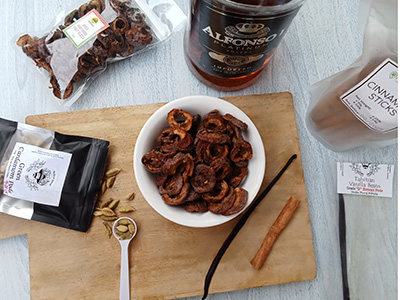 Ingredients
Ingredients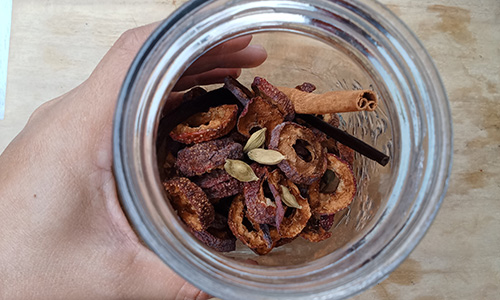
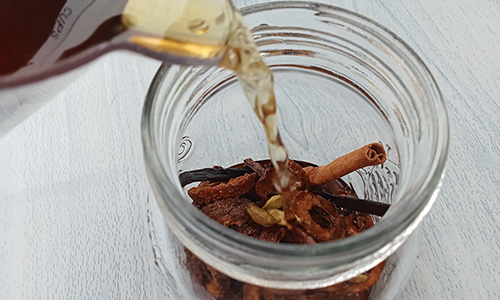
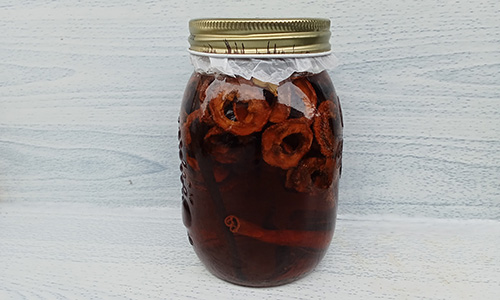
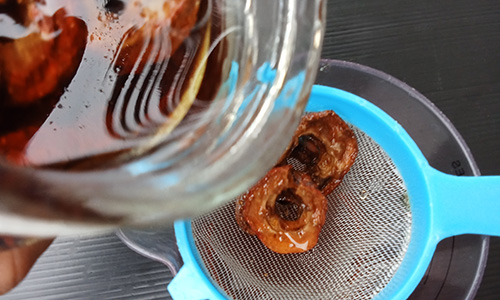
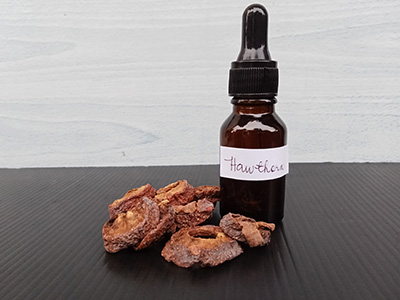
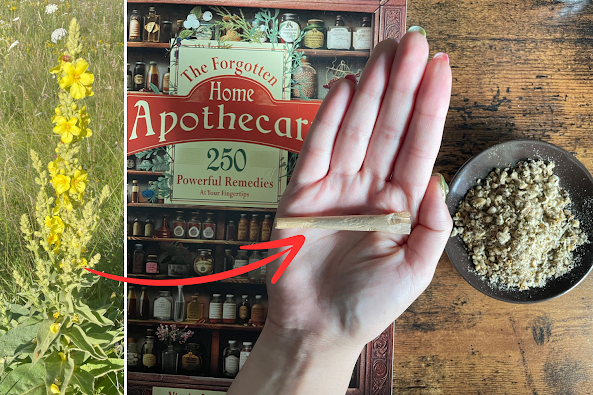

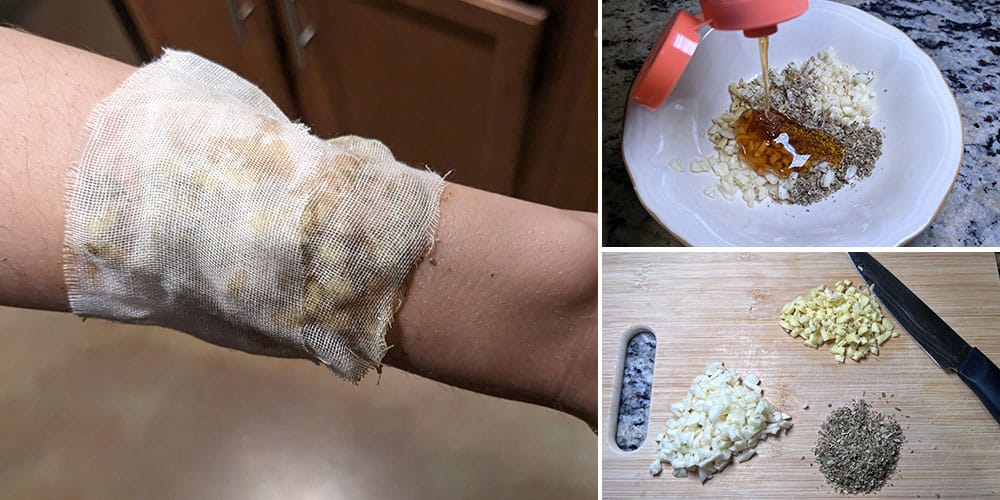
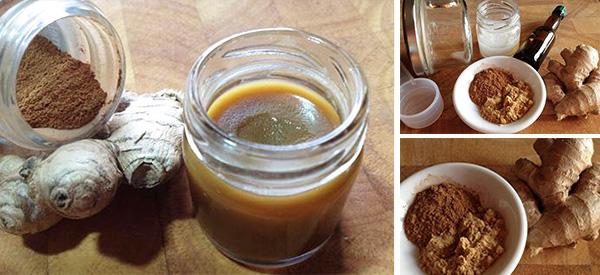
I’d like to see some information on mold and how to deal with in our bodies. Western Medicine now calls my lungs with aspergillius. I have them in my lungs and nothing seems to help. But I have excluded some foods that give me a reaction.